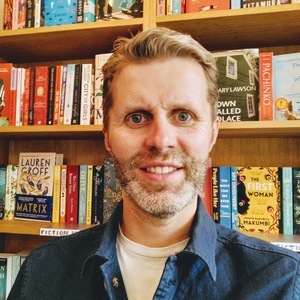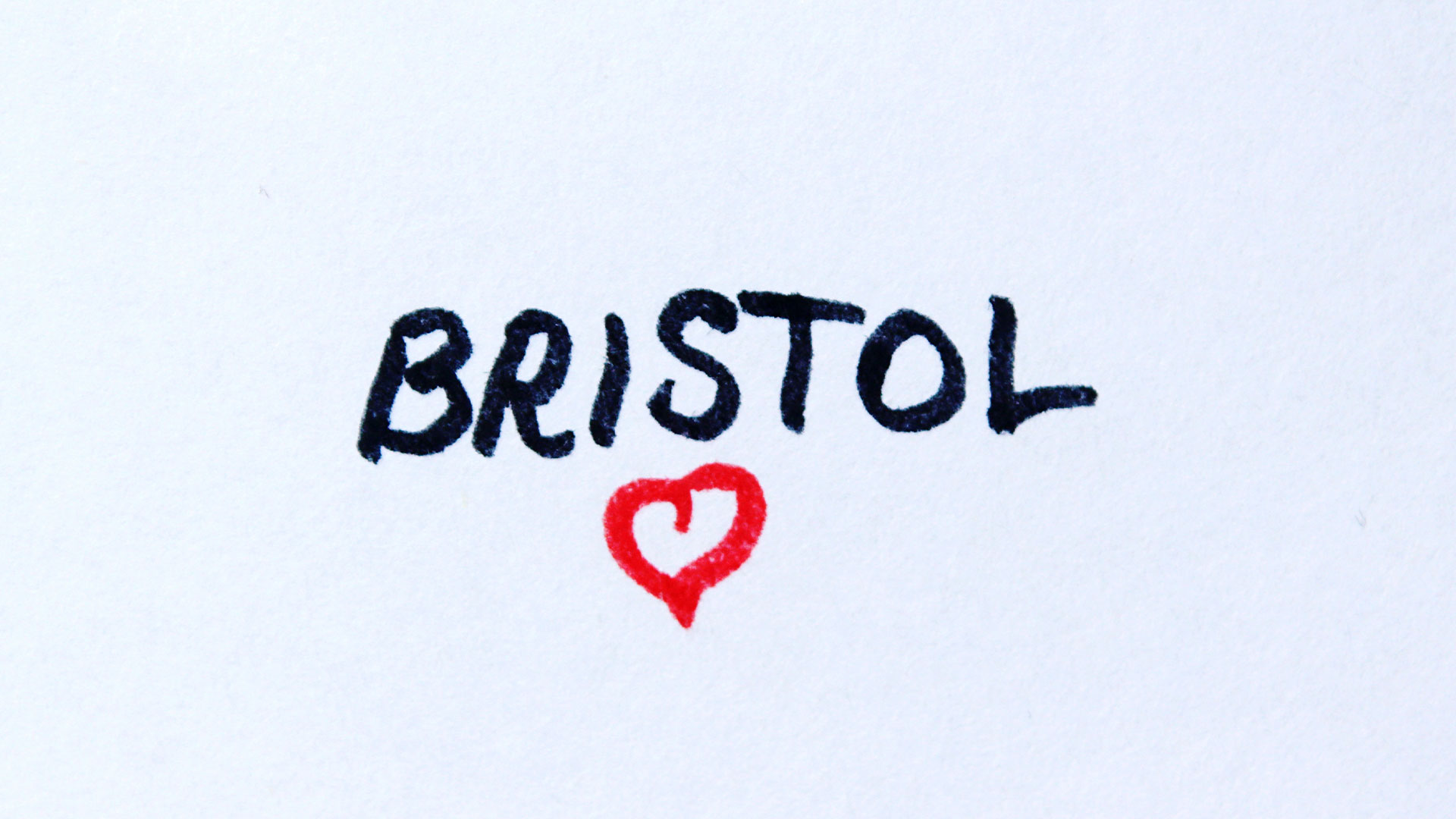You are viewing your 1 free article this month. Login to read more articles.
A city of books
Bristol is bursting with bookshops, but collaboration helps us all thrive.
In 2008 I left London’s Brick Lane for Sydney. At the time I was 29, working in radio and drinking in Russian jazz bars. I should have been a daily consumer of flat whites. But flat whites weren’t really a thing back then, at least in London. The coffee shop scene wasn’t really a scene, it was a few indies fighting the good fight against the might of Starbucks and Costa. Sydney on the other hand had coffee shops a-go-go. So many, and so good, that Starbucks opened its one and only outlet in the city centre and quickly closed due to lack of custom.
Fast forward to today, and I was chatting recently with Jo, the owner of Triple Co roastery in Bristol. When I asked about the proliferation of independent coffee shops in our city he explained that every time one opens their nervous neighbours soon find they get busier. Coffee shops breed coffee shops. If there are multiple options on one street, people know they’re guaranteed a good cup and so head in that direction.
That got me wondering whether the same applied to bookshops. Is it harder to open a bookshop with no competition around? Do towns with no bookshops need multiple stores to open simultaneously to guarantee each’s success? In 2018, when we opened, the only independent bookshops in Bristol selling new books were Standfords and Arnolfini (a bookshop within the art gallery and event space). Today there are nine of us indies, spread across the city in every direction, from the centre to the suburbs.
While Bristol’s literature scene was always there, always bubbling away, somewhat under the radar, now it has outlets for expression up and down every lung-busting hill you care to climb. Where once Bristol Ideas and Waterstones were the only regular programmers of book events, now us nine indies have joined them in pulling authors to our city from across the world. The poets that created a thriving community in our bars and cafes can now sell their collections all day, every day, rather than just at events. The independent publishers such as Bristol Books, Burning Eye and Tangent that used to be confined to museums, art galleries and gift shops are now available on high streets. Books are blooming across the city, even if spring steadfastly refuses to.
While Bristol’s literature scene was always there, always bubbling away, somewhat under the radar, now it has outlets for expression up and down every lung-busting hill you care to climb
How has this happened? Is there some magic formula that can be applied to other towns or cities? If there is, I’m not smart enough to have figured it out. What I can tell you is how the bookshops of Bristol are finding ways to work together and avoid stepping on each other’s toes.
Our shop and Storysmith opened in the autumn of 2018, within six weeks of each other. Neither of us knew the other was coming. Both of us were new to bookselling. It could have been terrifying. Bristol’s geography ensured it wasn’t. Storysmith is just south of the city centre, in the bustling suburb of Southville. We’re over the river and four miles north, up one of those seemingly endless hills, in the quieter area of Henleaze. For both of us, our core customers come from within a square mile of our shops. There may be overlap for events, but for book sales, we were appealing to distinct markets.
In the summer of 2021, when the threat of Covid lockdowns still hung heavily on high streets, Bookhaus and Gloucester Road Books both bravely opened their doors. Bookhaus is a radical, politically active bookshop which sits beside the docks in the city centre. Gloucester Road Books, on what’s purported to be the UK’s longest road of independent retailers, is a big supporter of independent presses. Last autumn, three more book stores arrived. The tiny but mighty Heron Books opened in the Georgian neighbourhood of Clifton; the community-focused The Small City Bookshop opened in Redfield; and, 500 metres away in St George, The Good Book Shop added its curated selections from underrepresented authors to this rapidly changing area of young families and artists.
Geography, distinct identities and the socio-economic status of our respective communities have helped create an environment in which we can all survive. But it’s the co-operation between all the stores that’s helping us thrive. We all chat about our upcoming events on a larger Bristol Books WhatsApp group, set-up a few years ago by Sharmaine Lovegrove of Dialogue Books. We try to pop into each other’s stores to nose around, ask about Batchline’s idiosyncrasies and gossip about infuriating customers. We support each other’s events, retweeting listings and reposting photos. And next month we launch the Bristol Bookshop Crawl, distributing illustrated maps that guide people between our respective shops across the city.
There’s certainly a degree of competition between all of us but I think that’s healthy. It keeps us on our toes, keeps us pushing to improve our shops, widen our events programme, and reach out further into our communities. It also puts books front and centre in more and more places across the city. More authors are going into more schools, more readers are discovering a wider range of titles, more people are falling in love with literature.
Like a snowball rolling down a mountain, a flat white ambling down a street art-filled alleyway, or a TBR pile tottering towards the ceiling, things and scenes pick up momentum. Bristol is fast becoming a city of books. Don’t just read about it though, come climb our hills and browse our shelves.



















